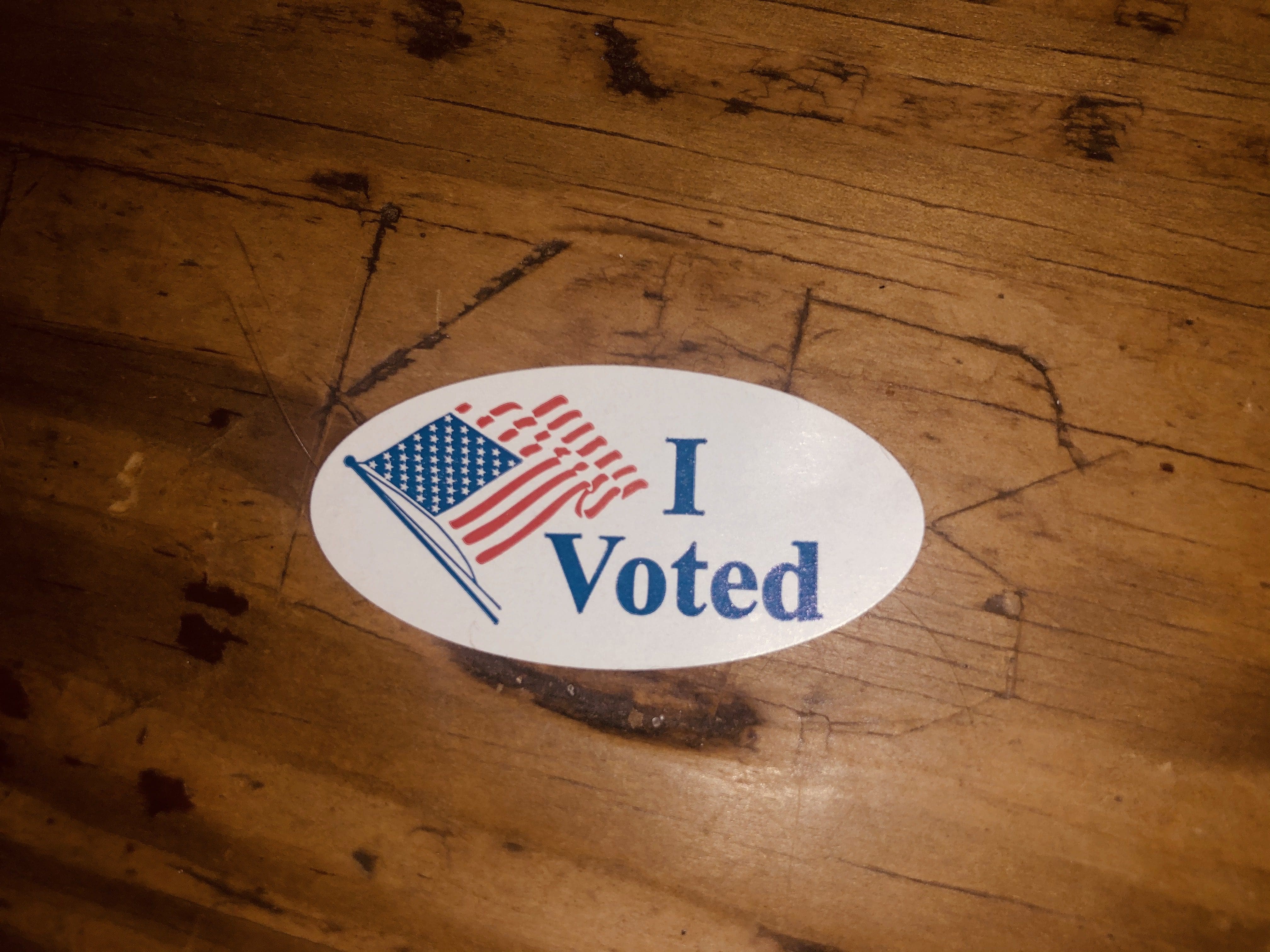When Texas voters took the polls on Tuesday, they may have cast ballots for local bonds, candidates, or measures, depending on their location. But all Texas voters, regardless of where they reside, were faced with a series of 10 constitutional propositions; nine of the propositions were approved by voters, and one failed.
Proposition 1, at the beginning of voters’ ballots, failed on Tuesday. In Texas, a person can serve in more than one municipal judge position, assuming the person was appointed to each of those positions. However, if an individual is elected as a municipal judge, they are prohibited from being elected or appointed as a judge. Proposition 1 would have allowed an individual to hold more than one office as an elected or appointed municipal judge for multiple municipalities at the same time.
With no real campaign for it, however, Texas voters failed to see any necessity for the change and rejected the measure.
Of the 10 propositions, perhaps none had more buzz than Proposition 4, which sought to further shield Texas taxpayers from the possibility of a state income tax in the future. Currently, such a tax would require the approval of only a majority of the state’s legislature to be put to voter approval. Despite some in the left-wing media creating a faux sense of uncertainty surrounding the chances of the measure, it easily passed. With Proposition 4 approved, two-thirds of lawmakers must agree in order to put the issue to voter approval, creating a significant obstacle to any future implementation.
Voters also approved a variety of other constitutional amendments, including the issuance of state-subsidized debt for water infrastructure and flood control projects, dedicating sales taxes from sporting goods to wildlife and nature preservation, and an amendment which allows law enforcement animals to be transferred to their caretaker upon retirement.
A full list of the nine approved constitutional changes, along with simple explanations, is available below:
Proposition 2
How it reads: “The constitutional amendment providing for the issuance of additional general obligation bonds by the Texas Water Development Board in an amount not to exceed $200 million to provide financial assistance for the development of certain projects in economically distressed areas.”
What it means: The Texas Water Development Board will be allowed to issue bonds—and therefore, go into debt—in order to continue financing water supply, sewer service, and drainage projects in economically distressed areas.
Proposition 3
How it reads: “The constitutional amendment authorizing the legislature to provide for a temporary exemption from ad valorem taxation of a portion of the appraised value of certain property damaged by a disaster.”
What it means: Currently, local governments in Texas have the ability to reappraise properties damaged in disasters, but they do not have the ability to exempt the owners from all or part of their total tax burden.
Proposition 4
How it reads: “The constitutional amendment prohibiting the imposition of an individual income tax including a tax on an individual’s share of partnership and unincorporated association income.”
What it means: The Texas Constitution already requires the Texas Legislature, by a simple majority vote, to seek voter approval to impose an income tax. This amendment would mean that a future legislature would have to vote by a super-majority and obtain voter approval to amend the Texas Constitution in order to impose an income tax.
Proposition 5
How it reads: “The constitutional amendment dedicating the revenue received from the existing state and use taxes that are imposed on sporting goods to the Texas Parks and Wildlife Department and the Texas Historical Commission to protect Texas’ natural areas, water, quality, and history by acquiring, managing, and improving state and local parks and historical sites while not increasing the rate of the sales and use taxes.”
What it means: Sales taxes on sporting goods will be dedicated to wildlife and nature preservation.
Proposition 6
How it reads: “The constitutional amendment authorizing the legislature to increase by $3 billion the maximum bond amount authorized for the Cancer Prevention and Research Institute of Texas.”
What it means: CPRIT will be authorized to spend additional taxpayer dollars.
Proposition 7
How it reads: “The constitutional amendment allowing increased distributions to the available school fund.”
What it means: The General Land Office or State Board of Education will have the ability to distribute up to $600 million of the school fund, up from $300 million currently.
Proposition 8
How it reads: “The constitutional amendment providing for the creation of the flood infrastructure fund to assist in the financing of drainage, flood mitigation, and flood control projects.”
What it means: This amendment creates a permanent fund to help with flood mitigation infrastructure.
Proposition 9
How it reads: “The constitutional amendment authorizing the legislature to exempt from ad valorem taxation precious metal held in a precious metal depository located in this state.”
What it means: Precious metals stored in the state depository would not be subject to being taxed as income-producing business assets.
Proposition 10
How it reads: “The constitutional amendment to allow the transfer of a law enforcement animal to a qualified caretaker in certain circumstances.”
What it means: If it is in the best interest of the animal, a law enforcement animal will be allowed to be transferred to its caretaker upon retirement.





